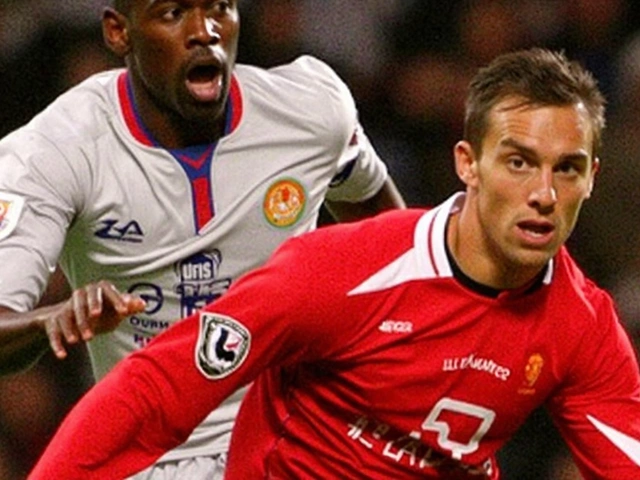Gambling Addiction: What It Looks Like and How to Stop It
If you or someone you know spends more time and money on betting than intended, it could be a gambling addiction. It starts small – a few extra bets after a race or a quick spin on a slot – but the urge can grow fast. You might notice sleepless nights, arguments over money, or hiding gambling activities. Those are red flags that need attention.
Spotting the Signs Early
Most people think gambling is just a hobby, but addiction shows up in everyday behavior. Common signs include chasing losses (betting more to win back what’s gone), feeling restless when not gambling, and ignoring work or family duties. You might also see secretive behavior, like using cash or hidden accounts, and borrowing money to keep the habit alive.
Another warning sign is debt piling up without a clear plan to repay it. If bills are late or you’re spending money meant for rent or groceries on bets, that’s a serious indicator. Emotional swings are common too – excitement after a win, followed by guilt or shame after a loss.
Practical Steps to Get Help
The first step is admitting there’s a problem. Talk to a trusted friend or family member who won’t judge. Sharing the issue often reduces the shame and opens the door for support.
Next, set clear limits. Decide how much time and money you’ll allow for betting each week, and stick to it using tools like budget apps or self‑exclusion features on betting sites. If you can’t control the limits on your own, consider blocking access to gambling platforms through reputable blockers.
Professional help works for many. Look for counselors who specialize in gambling addiction, or call a helpline for confidential advice. In the UK, organisations like GamCare offer free phone and online support. Therapy, especially cognitive‑behavioral therapy, helps change the thoughts that drive the urge to gamble.
Support groups are another powerful resource. Meeting people who face the same challenges creates accountability and shares coping strategies. Whether it’s an online forum or a local group, hearing others’ stories can be reassuring and motivating.
Lastly, replace gambling with healthier activities. Sports, hobbies, or volunteering can fill the time you used to spend betting. Even simple walks or reading can reduce cravings by shifting focus.
Remember, recovery isn’t a straight line. Slip‑ups happen, but they don’t erase progress. Keep tracking your habits, stay connected to supportive people, and reach out for professional help when needed. With the right steps, you can break the cycle and regain control over your life.
UK Gambling Crackdown Urged as Addict Warns of Ad Saturation Fueling Crisis
Posted by Daxton LeMans On 22 Apr, 2025 Comments (0)

Hussain Vorajee, who lost £1 million to gambling addiction, is calling for strict limits on gambling ads, warning that their sheer volume traps recovering addicts and fuels a surge in problem gambling. With millions exposed to ads yearly and industry profits soaring, campaigners worry voluntary industry payments and minor penalties aren't enough.




